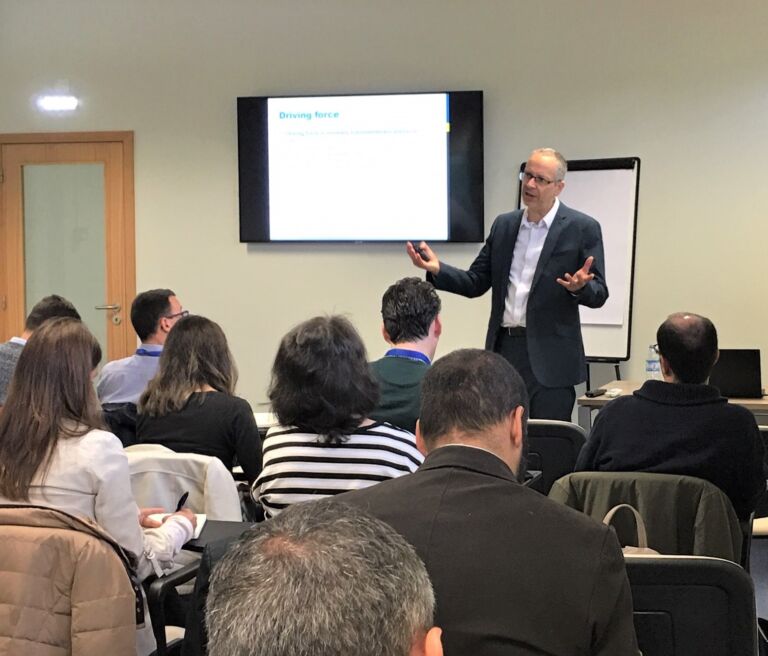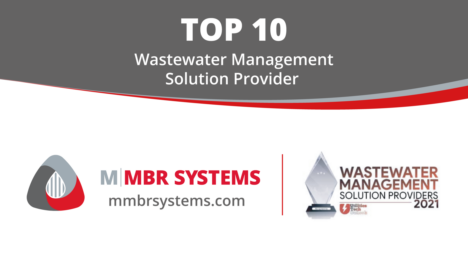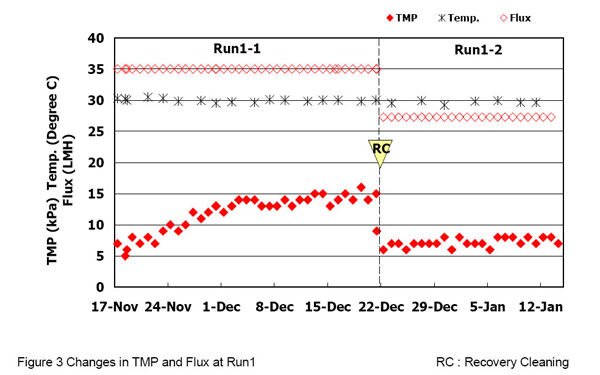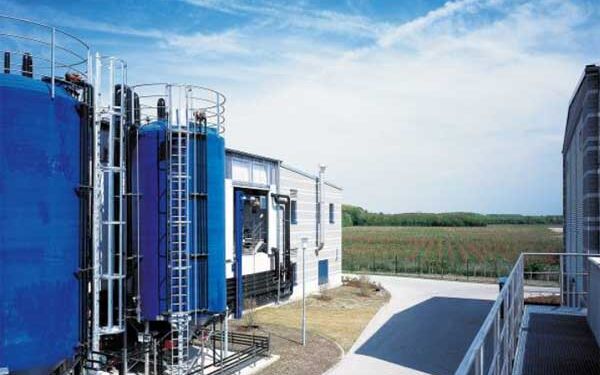MBR training – plugging the gaps


Simon Judd has over 35 years’ post-doctorate experience in all aspects of water and wastewater treatment technology, both in academic and industrial R&D. He has (co-)authored six book titles and over 200 peer-reviewed publications in water and wastewater treatment.
When I last taught undergraduates – just a couple of years back – I always tried to impress upon students the difference between ignorance and stupidity. No-one should ever be penalised for their ignorance if they’ve never been offered the opportunity to overcome it. On the other hand, if they've had the opportunity and refused to take it up, then they can be considered stupid. Laziness is no excuse either, and copying somebody else’s work is likewise no substitute for education (despite the apparent perception of exactly the opposite by some of the students).
Happily, delivering short courses to industry professionals is another proposition entirely. No need here to point out the ignorance–stupidity fundamentals. Indeed, it’s rare that I deliver a short course to practitioners and fail to learn anything myself from the delegates.
Just two weeks ago I found myself in Coimbra, Portugal delivering The MBR Short Course – now in its 18th year by the way – to CTGA, the environmental consultancy and engineering company. It’s always possible to tell when course attendees have been attentive when (a) their number hasn't dwindled by the end of the course, and (b) they laugh at all the jokes. Not only that, I’ve also discovered to my chagrin that some people take pleasure in pointing out my mathematical errors (and there’s certainly easy pickings there).

Quite apart from the humiliation of my mathematical blunders, several of the delegates on the CTGA course were able to shed light on particular aspects of biological treatment, costs or pretreatment – all key contributors to the wastewater treatment area. Most significant of these was when one of the delegates mentioned that ragging is as much of a challenge in conventional municipal wastewater treatment as it appears to be in MBRs. This being the case, it seems likely that the root cause is the same – cotton wool. It’s perhaps unsurprising that ragging arises in conventional sewage treatment, given that the screens used are much coarser than those used for MBRs, but this was nonetheless the first time it had been confirmed to me first hand.
In fact, I had a similar educative experience discussing MBR ragging with a WwTW process operator at an Ovivo event in Austin last year. He went into great detail as to the havoc wreaked by sanitary towels (and he was very specific about this) at his works, and the remedial measures needed. It was a tragedy of Shakespearean proportions.
This, for me, is one of the real pleasures of these occasions and where the true value of formal training lies. OK, the primary goal of short courses is obviously to inform and to educate. But the hidden benefit - and possibly the real value - is providing the space for people to think and to reflect, to link ideas and share experiences. It works both ways (between delegates and trainer) and can be extremely effective, especially when delegates work in overlapping spheres.
Some may consider training courses to be an expensive luxury, and it’s often said that they are the first thing accountants cross off the budget when money is tight. Others may also think that blocking a couple of days out for training is too much of a luxury for today’s world. But maybe it’s a false economy.
On-line training has become very sophisticated and can be more flexible than the conventional approach. In the case of on-demand learning, delegates can log on and complete modules at a time which is convenient to them. But this often means that they miss out on the inclusive element. It’s possible to deliver online training which still permits a degree of human interaction – which offers me the opportunity to shamelessly plug our very own Insights package (an online version of The MBR Short Course). This option usually works out cheaper when there are just a small number of delegates. Even though there is no face-to-face meeting between trainer and delegate, on-line training can be effective. These courses also incur no travel expenses (or CO2 emissions) either for the tutor or the delegates.
But therein lies the rub. It is really the human interaction – both between the tutor and the delegates, and among the delegates themselves – which makes a short course what it is. Just addressing ignorance – that is, filling in the gaps in knowledge – can be achieved passively from a reference text or even a video recording. But people respond to people: it’s a human condition. Insightful knowledge comes with interaction.
Which is why at some point over the next few months, it’s likely I’ll be off to some foreign clime to deliver pretty much the same thing, if not the same content, as I’ve been doing for the past 18 years. Not that you’ll hear me complaining: a temporary escape from the madness that is Brexit - what’s not to like?








